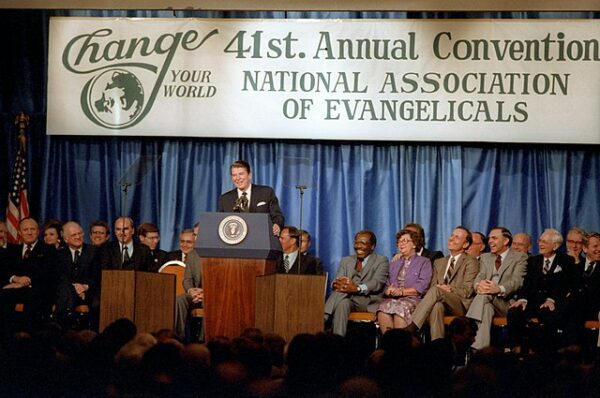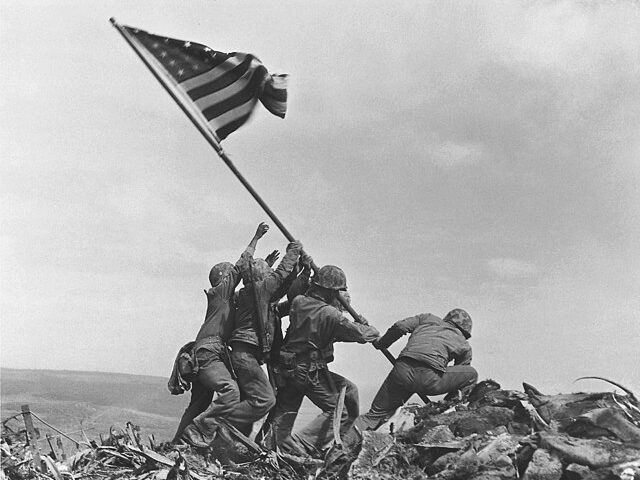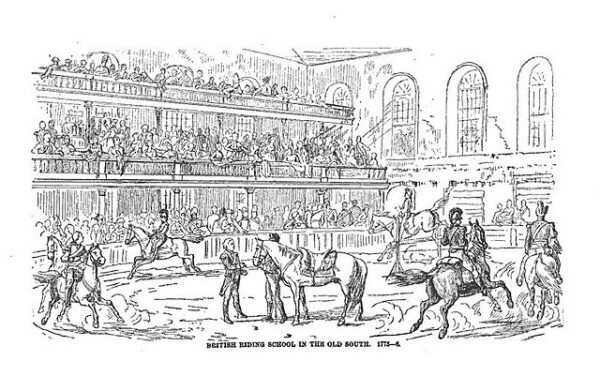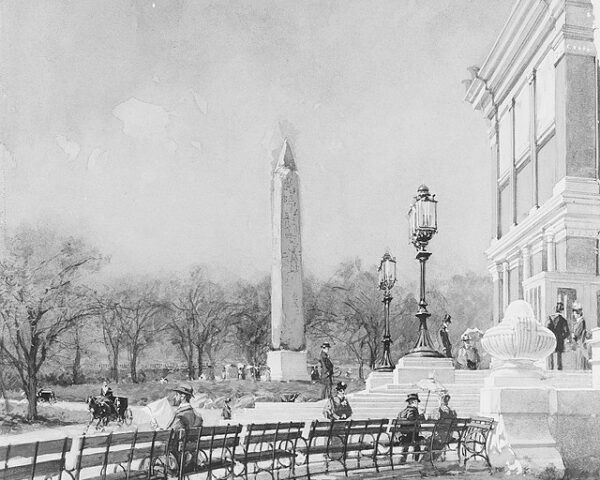On March 8, 1983, President Ronald Reagan delivered a speech that would become a defining moment in the narrative of the Cold War. Addressing the National Association of Evangelicals at their Annual Convention in Orlando, Florida, Reagan presented a powerful and ideologically charged oration that would be remembered as the “Evil Empire” speech. This address stood out for its potent rhetoric and its significant influence on the dynamic between the United States and the Soviet Union.
During the early 1980s the tension between the two superpowers peaked, with the ideological and geopolitical battle for supremacy casting a shadow over international relations. Reagan, who had become president in 1981, was a fervent anti-communist and became determined to counter the Soviet Union’s threat to the values of freedom and democracy.
The “Evil Empire” speech signified a critical shift in Reagan’s presidential rhetoric. He boldly denounced the Soviet Union as an “evil empire,” a term laden with moral judgment and ideological implication. This label epitomized Reagan’s conviction that the United States, with its democratic ideals, was morally superior to the communist doctrine of the Soviets.
Reagan’s address transcended typical political discourse, weaving in a strong moral and religious narrative. He drew on biblical imagery and cast the Cold War as a moral battle between good and evil, a perspective that deeply resonated with his conservative Christian audience and many other Americans who were concerned about the spread of communism.
The implications of Reagan’s speech for international relations and the Cold War were profound. It not only intensified the animosity between the United States and the Soviet Union but also heralded a more aggressive stance from the U.S. The Reagan administration ramped up defense spending, launched the Strategic Defense Initiative (SDI), and supported anti-communist factions worldwide.
While critics argued that Reagan’s speech exacerbated an already volatile situation and obstructed diplomatic efforts, his advocates saw it as a courageous and necessary stand against the moral and political menace of the Soviet Union. In the following years, the “Evil Empire” speech symbolized Reagan’s decisive leadership and his unwavering resolve to address what he viewed as a global threat to liberty.
Today, Reagan’s “Evil Empire” speech is seen as a critical juncture in Cold War rhetoric, emphasizing the conflict’s ideological and moral stakes. The speech not only shaped the era’s narrative but also influenced the policies that contributed to the eventual dissolution of the Cold War.






